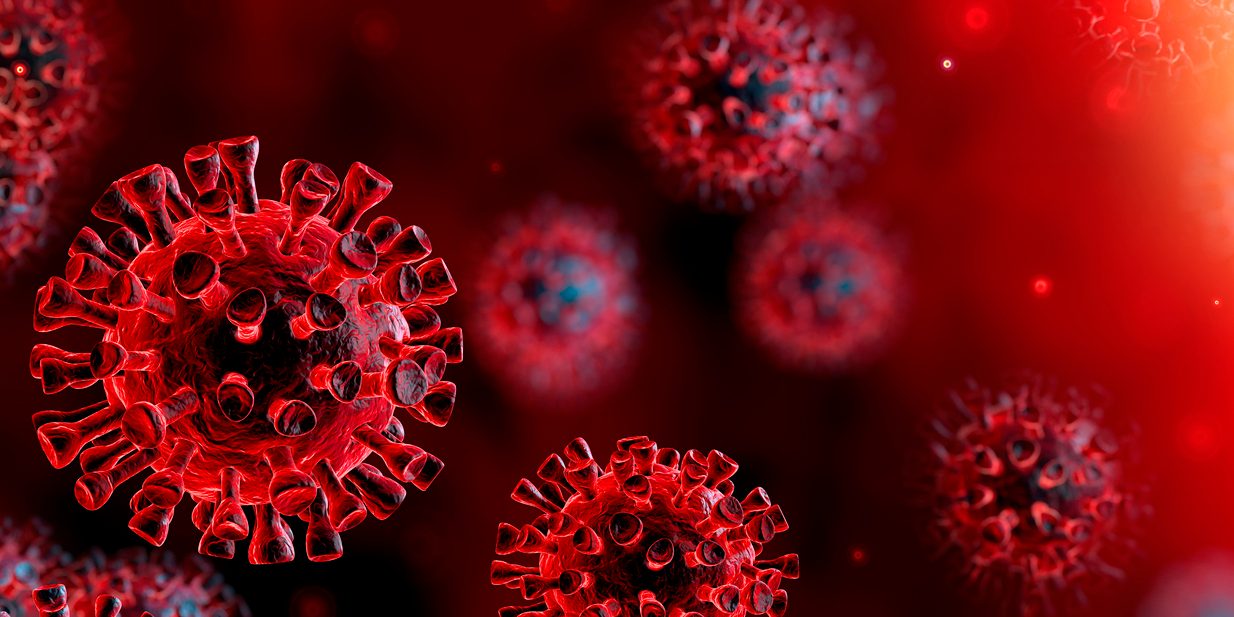
Higher vs. Lower Doses of Dexamethasone in Patients with COVID-19 and Severe Hypoxia: the COVID STEROID 2 trial
Background
Severe acute respiratory syndrome coronavirus is a new virus, better known as COVID-19, that can cause severe infection in the airways. Current estimates suggest that up to 40% of hospitalised COVID-19 patients develop. Further, 20-35% of those patients admitted to the ICU may develop septic shock. Both conditions are associated with high morbidity and mortality. The current care in COVID-19 is primarily supportive including oxygen, mechanical ventilation and general intensive care. A preliminary report from the Randomised Evaluation of COVid-19 therapy (RECOVERY) trial was released on June 22, 2020. In the RECOVERY trial, 6.425 hospitalized patients with suspected or confirmed COVID-19 were randomized to open-label dexamethasone 6 mg daily for up to 10 days vs. usual care. The preprint of the preliminary results reported an overall relative reduction of 17% in 28-day mortality with significant trend indicating greatest benefit among those patients requiring invasive mechanical ventilation. These results are supported by similar findings in a recently updated systematic review including patients with non-COVID-19 ARDS (RR 0.72; 95% CI 0.55 to 0.93).
Aim
To assess the effects of higher (12 mg) vs lower doses (6 mg) of intravenous dexamethasone on the number of days alive without life-support in adult patients with COVID-19 and severe hypoxia.
Design
The study is a multicentre, parallel-group, centrally randomised, stratified, blinded, clinical trial.
Methods
In this trial, potential participant will receive higher or lower doses of intravenous dexamethasone for up to 10 days. The participants will be treated in two different ways so that we can assess the effects of higher and lower doses of dexamethasone. The participant in the interventional arm will receive intravenous bolus injection of dexamethasone 12 mg in addition to standard care. In the control arm, the participant will receive intravenous bolus injection of dexamethasone 6 mg in addition to standard care. Central randomisation will be performed with randomisation stratified within study sites. This is an unblinded study, both the research team and participants known the assigned study treatment. At the end of the trial, we will compare the use of life support, number of side effects, length of stay in hospital, survival, and health-related quality of life between participants receiving higher vs. lower doses of dexamethasone. The trial will recruit up to 1000 patients.
Status
369 participants recruited for the study and the results were published in JAMA in 2021. Link: https://jamanetwork.com/journals/jama/fullarticle/2785529.





